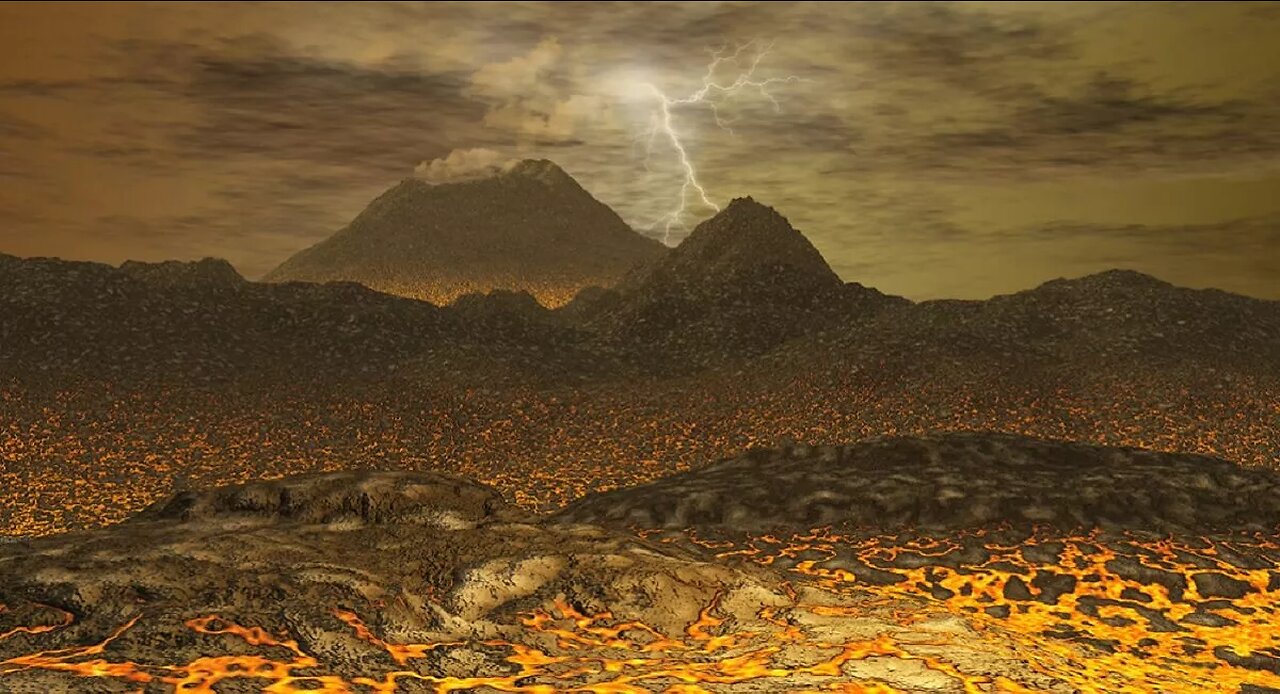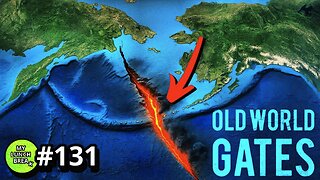Premium Only Content

Venus 101 _ National Geographic
Venus, often referred to as Earth's "sister planet," is the second planet from the Sun in our solar system. Here are some key facts about Venus:
Atmosphere: Venus has a thick and toxic atmosphere composed mainly of carbon dioxide, with clouds of sulfuric acid. This thick atmosphere traps heat, making Venus the hottest planet in our solar system, with surface temperatures that can melt lead.
Surface: The surface of Venus is rugged and dominated by vast plains, mountains, and numerous volcanoes. Some of its features are named after famous women, such as the Venusian highland called "Alpha Regio."
Rotation: Venus has an unusual rotation. It rotates on its axis very slowly and in the opposite direction to most other planets, including Earth. This means that Venus has extremely long days and nights.
No Moons: Unlike most of the other planets in our solar system, Venus does not have any moons.
Exploration: Various spacecraft have been sent to study Venus, including the Soviet Union's Venera program and NASA's Magellan mission. These missions have provided valuable data about the planet's surface and atmosphere.
Extreme Conditions: Venus' extreme surface conditions, with crushing pressure and scorching temperatures, make it a challenging target for human exploration. Any future missions to Venus would require advanced technology and significant engineering solutions to withstand these conditions.
National Geographic often provides in-depth articles, documentaries, and educational materials about planets like Venus and many other topics related to science, nature, and exploration. You can check their website or watch their documentaries for more detailed information and visuals on Venus.
-
 LIVE
LIVE
KLW World News
5 hours agoBREAKING NEWS! US BOMBS 3 NUKE SITES IN IRAN!
1,459 watching -
 1:45:46
1:45:46
BlackDiamondGunsandGear
3 hours agoAFTER HOURS ARMORY / USA Dropping Bombs / Mike w - Krate Tactical / DLD After Dark
23.9K2 -
 1:45:46
1:45:46
DLDAfterDark
3 hours ago $5.27 earnedThe United States Strikes Iran With Multiple Bunker Buster Missles - Is This The Start of WWIII?
42.8K11 -
 1:03:29
1:03:29
Hard Lens Media
5 hours ago $6.26 earnedTRUMP Addressing The Nation As He Announced US Bombed Three Iranian Nuclear Sites
82.5K35 -
 16:46
16:46
Exploring With Nug
15 hours ago $8.85 earnedWe Recovered a Stolen Chevy Malibu From the River! Underwater Vehicle Search!
163K10 -
 4:58:30
4:58:30
Spartan
6 hours agoPro Halo Player | Sens Crisis Grind
116K2 -
 3:15:25
3:15:25
Mally_Mouse
7 hours agoSpicy Saturday!! - Let's Play: PEAK
124K -
 24:53
24:53
MYLUNCHBREAK CHANNEL PAGE
1 day agoFault Lines are GATES - Pt 1
104K30 -
 2:38:42
2:38:42
Barry Cunningham
13 hours agoIS PRESIDENT TRUMP DIRECTING A MOVIE...OR IS IT CHESS? AND MORE NEWS!
96.5K41 -
![Nintendo Switch It UP Saturdays with The Fellas: LIVE - Episode #24 [Mario Party Superstars]](https://1a-1791.com/video/fww1/49/s8/1/X/M/v/V/XMvVy.0kob-small-Nintendo-Switch-It-UP-Satur.jpg) 3:31:41
3:31:41
MoFio23!
14 hours agoNintendo Switch It UP Saturdays with The Fellas: LIVE - Episode #24 [Mario Party Superstars]
45.2K